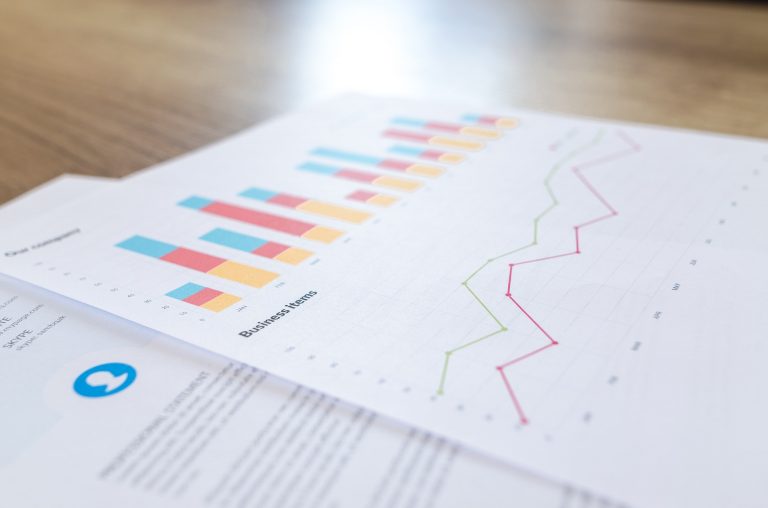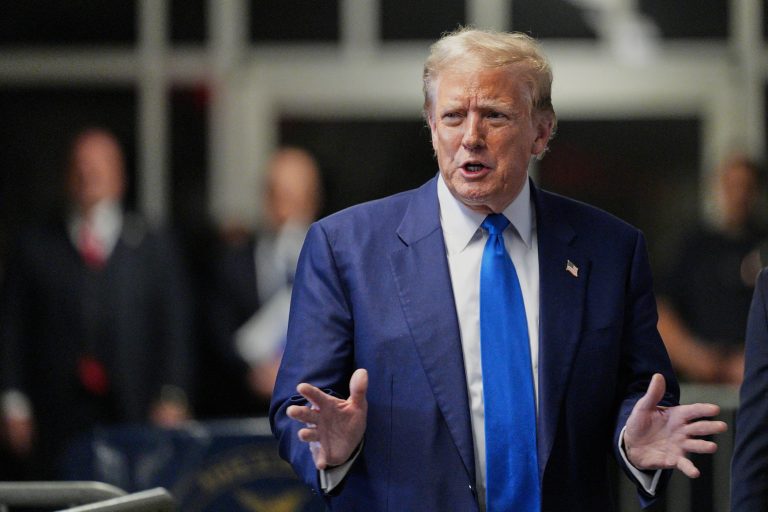China’s economic indicators are failing to meet expectations, which some believe shows the pace of economic recovery after the initial waves of Coronavirus Disease 2019 (COVID-19) is faltering.
According to data from China’s National Bureau of Statistics, industrial production in July grew by only 6.4 percent. Fixed asset investments rose by 10.3 percent in the first seven months of 2021 compared to the same period in 2020. Both figures were lower than in June.
Retail sales growth for July was just 8.5 percent compared to 12.1 in June and was lower than the expected 11.5 percent. Auto-related sales, the biggest component of retail sales in terms of value, fell in July. Online sales only grew by 4.4 percent for the month, far below the 21 percent average of the past five years.
In a press release, the National Bureau of Statistics said that the country was impacted by “multiple factors including the growing external uncertainties and the domestic COVID-19 epidemic and flooding situation” in the month of July. The agency stated that the country’s economic recovery is still “unstable and uneven.”
Even though China added 1.24 million new jobs in July, the urban unemployment rate rose from five percent in June to 5.1 percent in July. Unemployment in the ages of 16 and 24 was even higher, rising from 15.4 percent in June to 16.2 percent in July. After the Chinese economic data was released, most Asian stocks and U.S. equity futures fell by a few points.
Success
You are now signed up for our newsletter
Success
Check your email to complete sign up
Financial institutions have lowered China’s projected growth rate for the year. In an Aug. 3 note, Nomura predicted China’s GDP growth for 2021 would be 8.2 percent, down from the previous estimate of 8.9. Goldman Sachs lowered the growth rate from 8.6 to 8.3 percent in an Aug. 6 note. Officially, the Chinese regime is targeting a lower growth rate of 6 percent for the year.
ING Bank Chief Economist of Greater China Iris Pang sees “few positive factors” for the Chinese economy looking forward. Instead, she sees “more risk factors.” The increasing number of floods, the spread of the COVID-19 Delta variant, congestion at shipping port terminals, limited tourism, and chip shortages are expected to negatively affect the Chinese economy. Tech companies are being impacted by anti-trust policies, data privacy measures, and so on. In addition, Pang does not see the U.S-China relationship-improving any time soon.
“We expect fiscal policies to be more proactive at pushing belated infrastructure projects. There is no need for policy interest rate cuts as the RRR cut has pushed down market lending rates. Another RRR cut should happen in 4Q21 if there are more incidents and dramatic policy actions. Our China GDP forecast is currently 4.5%YoY for 3Q21 and 5.0%YoY for 4Q21,” Pang stated.
Technology company crackdowns
Meanwhile, Beijing’s crackdown on the country’s tech companies is harming the industry, making foreign investors wary of pouring money into firms. Some of the best-known investors in the world have publicly expressed their doubts about investing in China.
Billionaire Masayoshi Son, chief executive of Japanese conglomerate SoftBank, recently admitted that he was pulling out money from China. “New rules and new regulations are beginning to be implemented… Until things get settled, we want to wait and see,” he said during a news conference.
Cathie Wood, the head of Ark Investment, which boasts around 50 billion dollars worth of assets under its management, also began dumping Chinese stocks after Beijing’s crackdown. In late July, Bloomberg reported that Wood got rid of shares from Chinese tech company Tencent on a daily basis. ARK Innovation ETF only had 0.32 percent of its 23 billion dollars in assets invested in Chinese companies, down from eight percent in February.
In a policy issued by the Chinese Communist Party (CCP)’s Central Committee and State Council this month, officials pledged to strengthen laws on national security, monopoly, and technology innovation. They committed to researching laws in areas like internet finance, artificial intelligence, and cloud computing. There were also reports that Beijing was seeking to exert tighter control over tech companies’ use of personal data.
In an interview with Forbes, Alex Wong, director of asset management at Hong Kong-based Ample Capital, said that greater government control on digital data collection and usage could hurt the earnings of tech companies. For example, such policies could negatively affect advertising and location-based services offered by firms like Tencent and Alibaba.
“The regulatory crackdown actually targets data collection and usage, and this is a very key destruction of value… People won’t be willing to pay a premium [for these companies] again,” Wong said. As people dump China’s tech stocks, the country’s economy will inevitably suffer.















